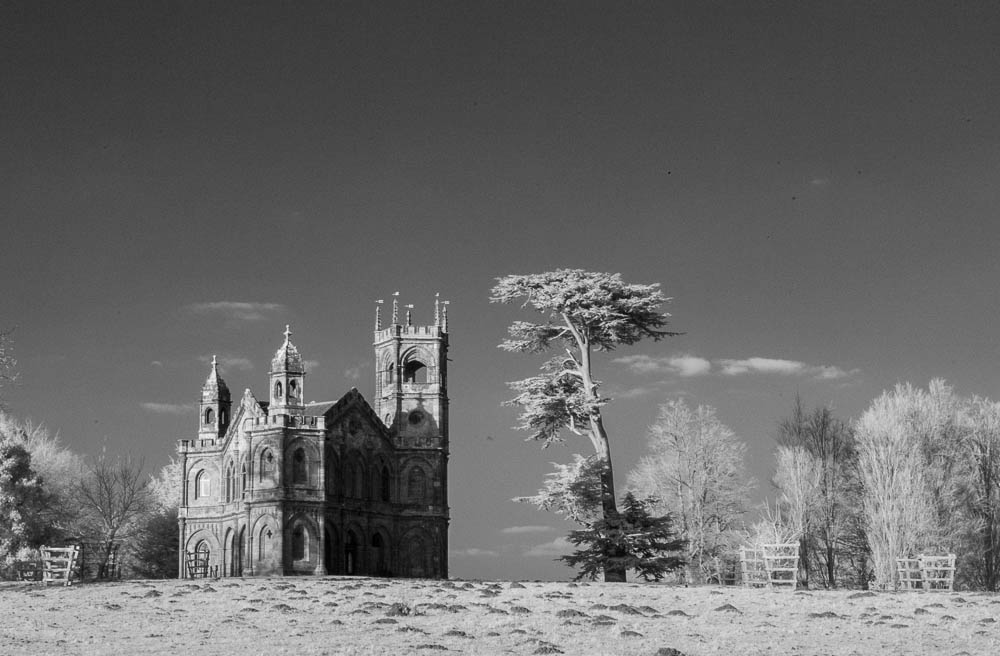I stayed overnight after talking to Guildford Photographic Society yesterday, and decided to pay a brief visit to Guildford Cathedral before driving home this morning. It is a modern building,designed by Edward Maufe and not consecrated til 1962. I liked the very light and sparse interior and spent a bit of time on double exposures with the Fuji. The first one is my favourite - a wall light added to an arch with a window. Unfortunately the whole of the nave ceiling has to be replaced due to the deterioration of the acoustic plaster on the ceiling vaults, which contains asbestos.
Tuesday, March 17, 2015
Monday, March 16, 2015
Sunday, March 15, 2015
Pooley Country Park, Tamworth
Last week before talking to Tamworth Photographic club, I visited Pooley Country Park, which used to be a Mining Area. It was the first mine to generate its own electricity (from excess steam) in the early 1920s, and also the first to have pit head baths, which were opened in 1928. The Colliery eventually closed in 1965 and parts of the house, outbuildings and the colliery buildings had to be demolished due to mining subsidence. Now it is a patchwork of silver birches, other trees and pools with the Coventry Canal and boatyards along one side.
Thursday, March 12, 2015
Stowe Landscape Gardens with Infrared
I visited Stowe Landscape Gardens on the way down to Bath on Tuesday with my Digital Infrared Camera. Lots of trees, buildings and wide vistas.
Tuesday, March 10, 2015
Crufts Dog show 2015
It was very crowded at Crufts on Saturday but possible to find space to photograph the very popular Afghans being judged - real poetry in motion. I also enjoyed photographing owners and their dogs - so often they share physical similarities as well as emotional ties.
Friday, March 6, 2015
Refined Decay at Calke Abbey
- Calke Abbey was owned by the Harpur family for 300 years including Sir Vauncey Harpur-Crewe who amassed a huge collection of natural history specimens. When he died, his eldest daughter, Hilda Harpur-Crewe sold some of his collection to pay death duties but there are still many specimens left. She was succeeded by her nephew, whose sudden death led to crippling death duties (£8m of an estate worth £14m) and in 1985 the estate was transferred to the National Tust by his younger brother. It was decided to leave the house in the decayed state that it was found. The Church, on the other hand, is well maintained.
Subscribe to:
Comments (Atom)















.jpg)
.jpg)
.jpg)
.jpg)
.jpg)
.jpg)
.jpg)
.jpg)


























